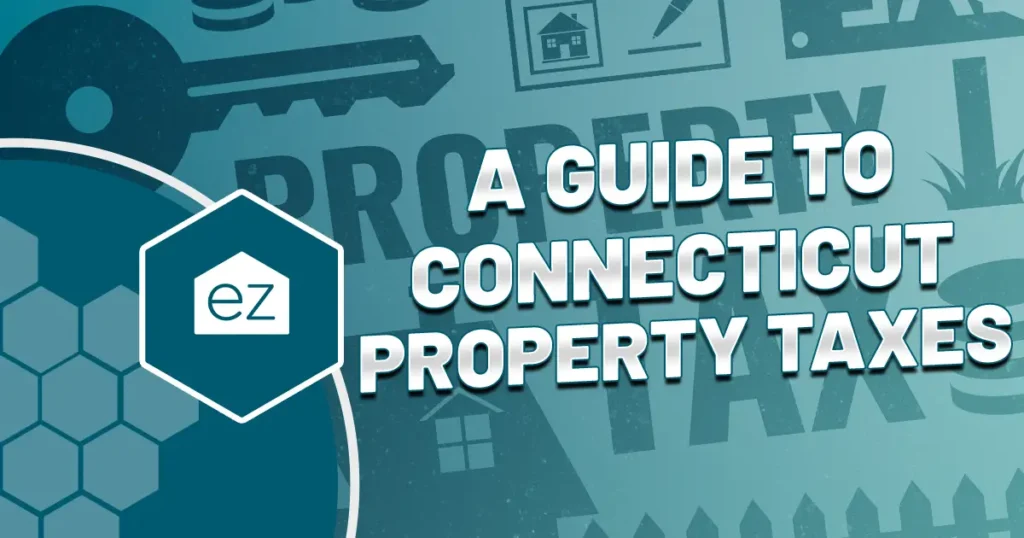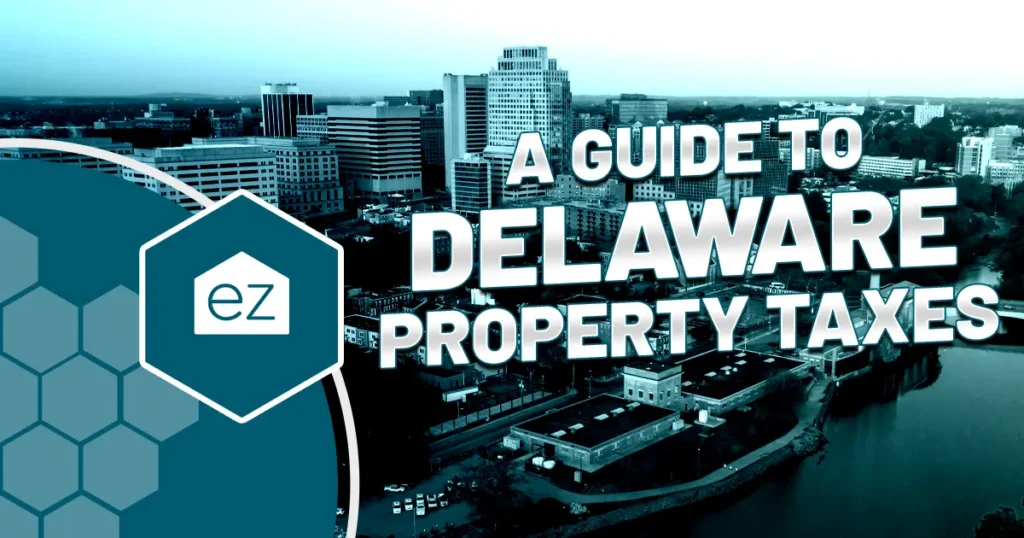Your Guide to Colorado Property Taxes
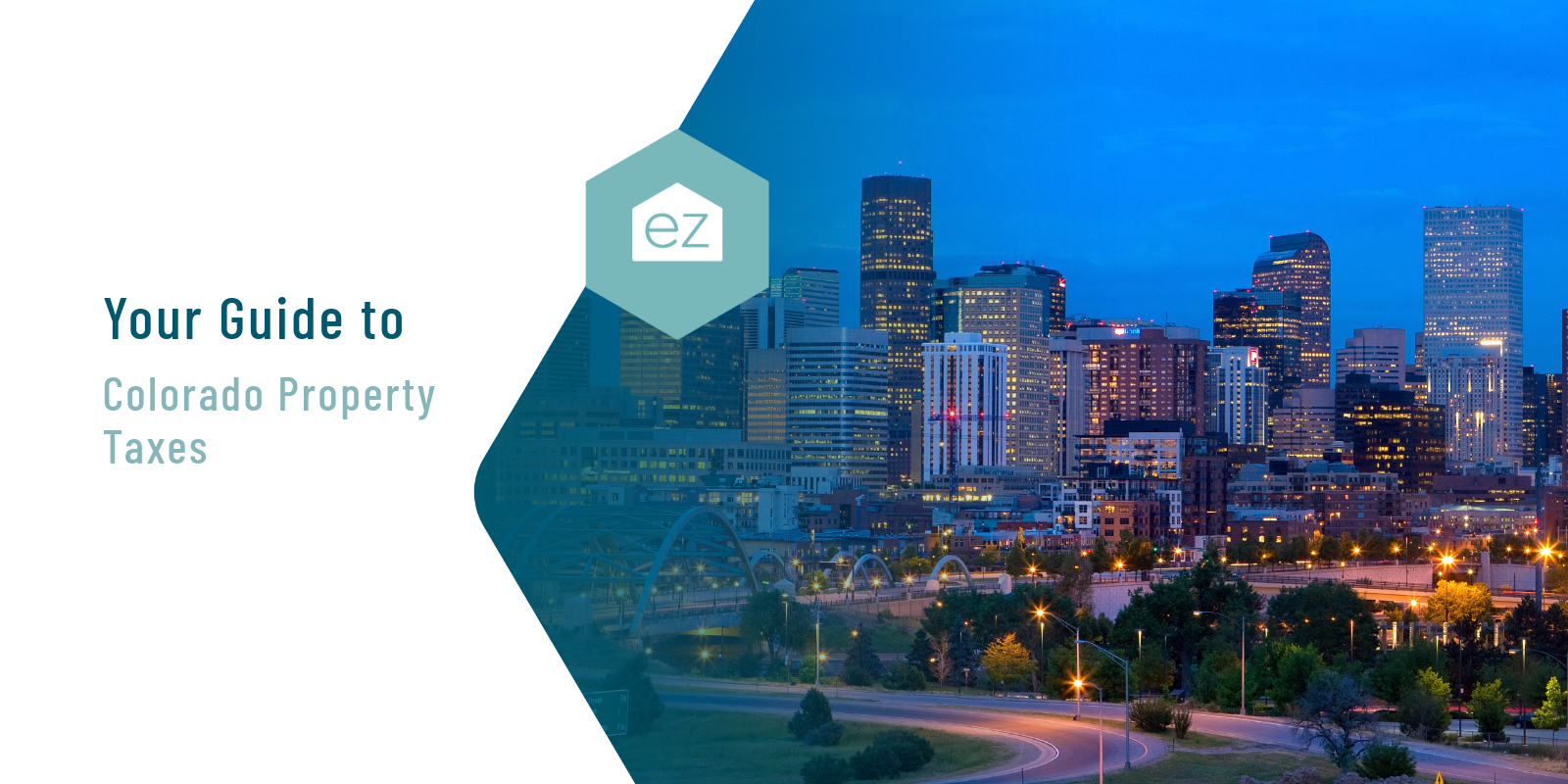
Your Guide to Colorado Property Taxes
Are you thinking about purchasing a home in Colorado? Property taxes can vary significantly depending on where you live. Before taking the plunge into homeownership, it’s important to understand how property taxes work so you can plan accordingly.
Don’t worry, though – we’re here to help! This blog post is a guide to understanding Colorado property taxes. We’ll share what potential new homeowners need to know before buying their next dream house.
About Colorado Property Taxes

In Colorado, property taxes are also known as “ad valorem” taxes. They are based on the property’s transactional or actual value. These taxes support local county and city governments, infrastructure, public schools, and special districts.
The funds stay local and are not assessed by the state. The Colorado Department of Local Affairs just ensures the tax burden is measured equitably and fairly per state laws.
Colorado property taxes are also billed in arrears. This means that while taxes are assessed in one year (like 2023), they are not due until 2024.
How Colorado Property Taxes Work
Each county has an assessor tasked with valuing property according to state law. Their job is to ensure the tax burden is shared fairly among residents. Real estate is usually assessed based on current market values.

Sometimes a local improvement district will issue a special assessment tax. These are separate from ad valorem taxes. Owners have the option to break the special assessment payment up over 12 annual installments.
You’ll need to know a few factors to figure out your Colorado property tax burden.
Property Values
Property values are determined by the property’s classification as of its January 1 use in a given year. Residential real estate is valued using the market approach, which looks at comparable property sales within the year and a half prior to the assessment date.
The Notice of Valuation is mailed by May 1 of each year. Personal Property Notices of Valuation are sent by June 15.
Usually, the Colorado assessment rate is set at 7.15%. The current assessment value ratio for single-family real estate for the 2023 tax year was 6.765%. This means you’ll pay property taxes on 6.7615% of your home’s value. A $500,000 valued home will pay taxes on $33,825.
Assessment Cycles

Since property values change over time, all real estate must be re-assessed to reflect current market values. In Colorado, the state works on a two-year reassessment cycle. Specifically, the law says real estate must be re-valued in odd-numbered years.
Millage Rates
Local counties and taxing jurisdictions set the new millage rates in December. These taxing authorities set the rates based on the revenue they need from their property taxes and the local assessed value of property within their jurisdiction. While properties are re-valued each year, the tax rates can change yearly.
These taxing rates are expressed as “mills.” In Colorado, one mill is $1 per every $100 of valuation.
Figuring your Colorado Property Taxes
Once you know your property value and the local tax rates, you can determine what you’ll pay in property taxes. The formula is simple:
Actual value x Assessment rate x Mill rate (tax rate) = Property Taxes
So a $500,000 home at the 2023 assessment rate of 6.765% and a millage rate of 0.0751 mils would owe $2,540.26 in property taxes.
How to Pay Your Property Taxes
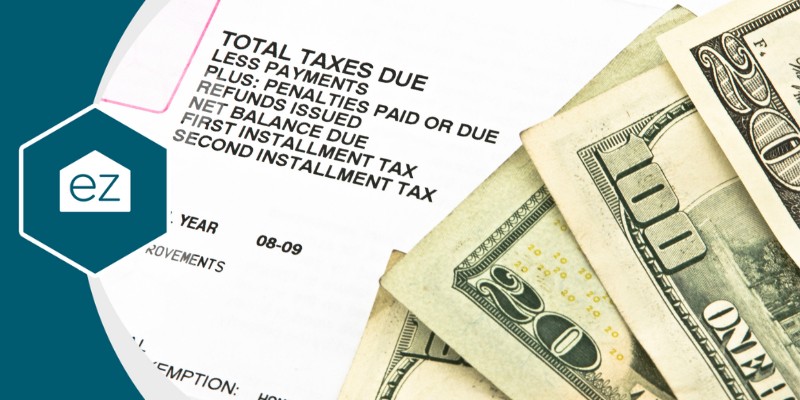
Colorado residents pay taxes in two installments. Your property taxes must be paid by the last day of February (typically February 28) and June 15. If you opt to pay in full, you must pay by April 30.
Counties have different policies for paying property taxes. Many now have online payment options, but you can also mail a check. You’ll need to know your parcel number to make the payment.
If your payment is late, the tax bill will acquire interest at 1% each month. The first-half installment will be delinquent starting March 1 unless the bill is paid in full on or before April 30.
The local taxing authority will send you a delinquent tax notice in July. Unpaid taxes are sold as a tax lien certificate at a public auction, usually in November. The lien will continue to accrue interest and possibly fees until you redeem the property. The exact fees will vary based on the county.
Colorado Homestead Exemptions
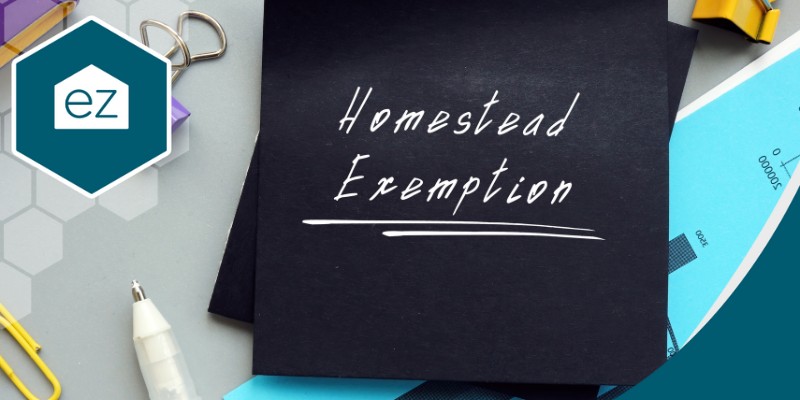
Colorado’s taxing jurisdictions offer a few different exemptions and assistance programs to alleviate the property tax burden.
The Senior Property Tax Exemption is for individuals 65 and older who have lived in their Colorado home for over ten years. Applications must be made by July 15 of the year you’d like to claim the exemption. Once approved, you don’t need to apply again unless there are changes in property ownership.
Some cities, like Denver, have a property tax relief program for qualifying residents. This program is for disabled individuals, those 65 and older that don’t meet the Senior Property Tax Exemption, or those who own their home and have at least one child living with them. This relief has income guidelines and requires the owner to have paid taxes in full the previous year.
Property Tax Work-Off is a program where some taxpayers can perform volunteer duties in exchange for a portion of their tax bill. Each county will have its own qualifications, but they often are related to age (usually 60 years old and up), disability, and income status. The amount is typically limited to $500. This program isn’t available in all counties.
Disabled Veteran Property Tax Exemption is for disabled veterans who receive either permanent disability benefits through the military or sustained a service-connected disability while on active duty, and were honorably discharged. Qualified recipients receive 50% of the first $200,000 in actual value exempted from taxation. This is only for the primary residence. Spouses may also qualify for this exemption through the Gold Star program.
How to Appeal Your Property Taxes
You can’t change the millage rate but can protest your property’s assessed value. If you feel your property has not been valued accurately, first contact the county assessor. Each county has a different process for appealing., but do contact the assessor’s office within 30 days of receiving notice of your new assessment or by June 30 for Personal Property protests.
The local assessor must make a determination by July 10 for personal property, but they can extend the notice of determination to August 15.
If you are dissatisfied with the decision, your next step is to file an appeal for the county Board of Equalization by July 15 for real property. Hearings are conducted through August 5, with an extended appeal period available until September 15. The Board must notify you within five days of its decision in writing.
The final step if you remain dissatisfied is to appeal with an arbitrator, district court, or Board of Assessment Appeals within 30 days of the decision mailing date.
How Colorado’s Property Taxes Compare
Looking at how Colorado stacks up by the average effective property tax rate, you might be surprised to learn that Colorado has the third lowest property tax burden in the United States. In 2023, the effective real estate tax rate was 0.51%. Only Hawaii and Alabama have a lower average real estate tax burden. This measurement assesses the percentage of housing value paid in taxes.
On the state’s median home value of $397,500, the homeowners paid an average of $2,017. So, Colorado fits into the middle if you look at the average dollar amount homeowners paid in taxes.
The counties with the highest median property taxes paid by its homeowners were Douglas, Pitkin, and Eagle Counties, which all came in over $2,000. These counties had a mill rate of 0.6 or higher combined with higher property values. The lowest median paid taxes were in Costilla, Cheyenne, and Baca counties, reporting a median under $400. So you can see there’s quite a spread across the state in what homeowners owed for property taxes during 2022.
Understanding Colorado Property Taxes

Before taking the plunge and signing on the dotted line for your Colorado home, do familiarize yourself with how property taxes work in this state. That’s why we’ve created this guide to Colorado Property Taxes. Hopefully, this information sheds some clarity on how property taxes work and what your tax burden may be.
However, the information in this guide is not intended to be tax advice. We recommend consulting with a certified public accountant or tax advisor for specific taxation advice.
Start Your Home Search
Preston Guyton
Share this Post
Related Articles
City Guide
Your EZ Guide to Moving to Arkansas
City Guide
A Guide to Connecticut Property Taxes
City Guide
What to Know About Living in Atlantic City
City Guide

